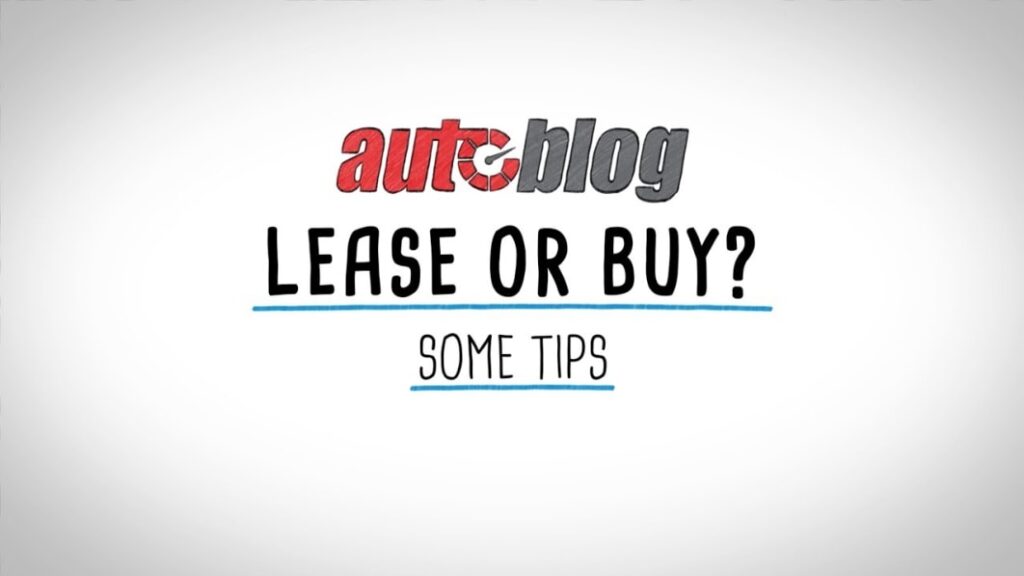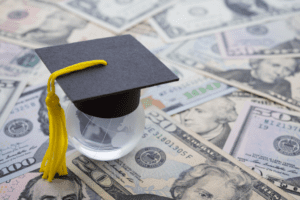Leasing vs. Buying a Car — Which is better?

Should you buy or lease your car? Lease vs. finance is a common question, and an important financial decision many must make. There’s not an easy, one-size-fits all answer, and it that deserves careful consideration. On one hand, leasing usually leads to lower car payments. On the other hand, buying means you own the vehicle once you finish making car payments. There are lots of other variables to consider, among them the amount you drive and how likely you are to keep your car in good condition. Here are some tips to figure out whether buying or leasing is right for you.
This is part of our Car Buyer’s Glossary. series breaking down all the terms you need to know if you’re buying a new or used car from a dealership.
Leasing a Car
Leasing a car is much like leasing an apartment. You sign a contract, to pay a fixed price, to cover a fixed mileage, over a fixed period of time. Your monthly lease payment depends on several factors, including the vehicle’s price, your down payment amount and the number of miles allowed per year. As a general rule, leasing is cheaper per month than buying, all other things being equal. Considering how expensive cars have gotten — the average transaction price of a new vehicle is about $44,000 in 2024 — lower monthly payments are attractive to a lot of people shopping for a new car. A recent report from LendingTree indicated that the average monthly payment for a new vehicle loan in Q4 of 2023 was $738. Some payments are much higher, while lease payments average about $606 according to the same report.
Another leasing option is the one-pay lease. Paying for the whole lease in one lump sum can save you significant money in fees, but you need to have the cash on hand. It’s not for everyone. Leases are cheaper because you won’t retain any equity. For better or worse, once the lease is up, you’ll simply pay for any damage or mileage overages, then return the vehicle, unless you buyout.
Leasing can be especially attractive for buyers who don’t put a lot of miles on their cars. The fewer miles a lease covers, the lower the monthly payment is likely to be. It’s also important to know what the penalty fees will be for going over on mileage. There may also be fees if you decide to turn the vehicle in early and prematurely end the lease agreement.
Buying a Car
In contrast, financing to buy a car results in a higher monthly loan payment than leasing, but you’ll eventually own the car outright. You can only lease at the dealer, but you can get auto loans at your local bank or credit union, and that means you can sometimes get a better deal. Know your credit score, shop loan rates, and get pre-approved before heading to the dealer. Check out the Autoblog loan calculator to explore your options for loan payments.
The Benefits of Leasing a Car
Leasing may be a good choice if…
You don’t want to put down a large chunk of money
You want a new car frequently
You’re okay with having a car payment
You drive fewer than 15,000 miles per year
You generally keep your cars in good, undamaged condition
You are qualified to write off the lease on your taxes
The Disadvantages of Leasing a Car
You’re subject to mileage restrictions
You don’t retain equity from owning the car
You’re liable for damages and excess wear and tear
You face early termination fees if you don’t like the car or can’t afford payments
You lack the freedom to modify your car
The Benefits of Buying a Car
Financing to buy a car may be a good choice if…
You can afford a higher monthly payment
You drive a lot
You don’t need a new car very frequently
Your cars tend to acquire a few dings and scratches
You want to stop making payments at some point
The Disadvantages of Buying a Car
Higher down payment
Higher monthly payments
You’re responsible for long-term maintenance and repairs, especially once your warranty is up
With these tips, you should have a much better sense of whether or leasing or buying is the right move for you. Visit Autoblog.com to learn more.





